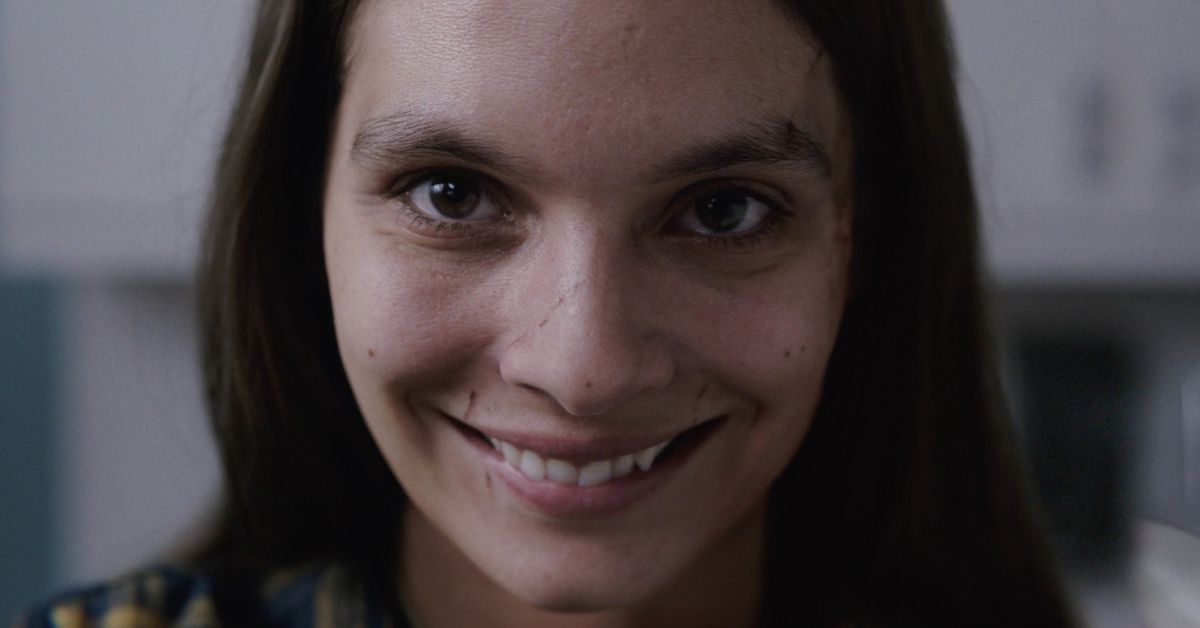Heat (1995)
Seen it before. You've all seen it before. Just watched it again for the umpteenth time, maybe more times than I've ever watched any movie. The nose-to-nose interactions between De Niro and Pacino have been forever immortalized in the history of cinema.
It's just an exquisitely acted and directed film. It is peak Michael Mann, De Niro and Pacino, with honourable mention to Tom Sizemore. I uncover new layers of this film which impress me more every time I watch it. Last night it was the paralleled Pacino and De Niro interactions with their women. De Niro is building on a new relationship; Pacino's third marriage is failing. This is paradoxically symbolic of the different trajectories these two men's lives are on.
Much has been written about the coffee shop scene, where Pacino and De Niro, like two armored medieval jousters on horseback, face each other down in what one knows will almost certainly result in the death of one of these two men. It is truly one of the most epic scenes in cinematic history, but it is only one of many in Heat. Most films have no truly memorable, truly epic scenes which live on to immortalize its host in cinematic history. Some have one. Rarer films yet, which occupy the upper atmosphere and echelons of film lore, may have two. Films in the upper stratosphere have more. Heat has at least three.
In the port shipping yard, Pacino exclaims, "We just got made!" Those four words signal the climax of one of the greatest scenes in cinema history. Then, shortly after, De Niro, from behind a camera on a building top and in response to Pacino's exclamation, smiles, and you know you have just witnessed film making at its finest. You just witnessed the encore to Pacino's climactic exclamation, and it was delivered using only a smile. The scene is 95% Pacino, but it is De Niro at the end who drives home the coup de grâce, the fatal thrust of the jousting lance. That's why I rate Michael Mann so highly in regards to this film. He pulled the best out of two of the finest actors who have ever lived. Mann is smart enough to know that sometimes you just need to get out of the way and let the racehorses race.
The bank robbery is the greatest bank robbery scene in cinematic history. I've never robbed a bank, but if I had I am certain that the events would have been very similar — brutal, murderous chaos, with Mann bringing the very best out of every actor he utilizes in his film. Indeed, the actors don't even appear to be acting; they appear to be testifying.
Another example of Mann's brilliance is his devotion to character minutiae. After exiting the bank, Tom Sizemore's character Michael Cheritto gets into a getaway car and peers out the window — his image in the side window from the outside distorted by reflections that the movie viewer must strain to make sense of, and symbolic of the viewer, us, not knowing the moral character of the man we are seeing. The answer to the question of the man's moral character is effectively answered only moments later when Michael Cheritto takes a six-year-old girl hostage and uses her as a human shield. Heat is brilliant in its unexpected plot developments, and as is so often the case in real life, in its unexpected character developments that one never sees coming.
"A guy told me one time, don't let yourself get attached to anything you are not willing to walk out on in 30 seconds flat if you feel the heat around the corner." — Neil McCauley, Heat.
And in the end, it is Neil McCauley's love for Eady that has him denying the advice he once valued so much that takes him down. It is simply something that Neil wasn't willing to walk out on in 30 seconds which seals his fate.
As it turns out, in spite of all of the violence and all of the murder and all of the mayhem, in the end, Heat is simply a love story.
women.













